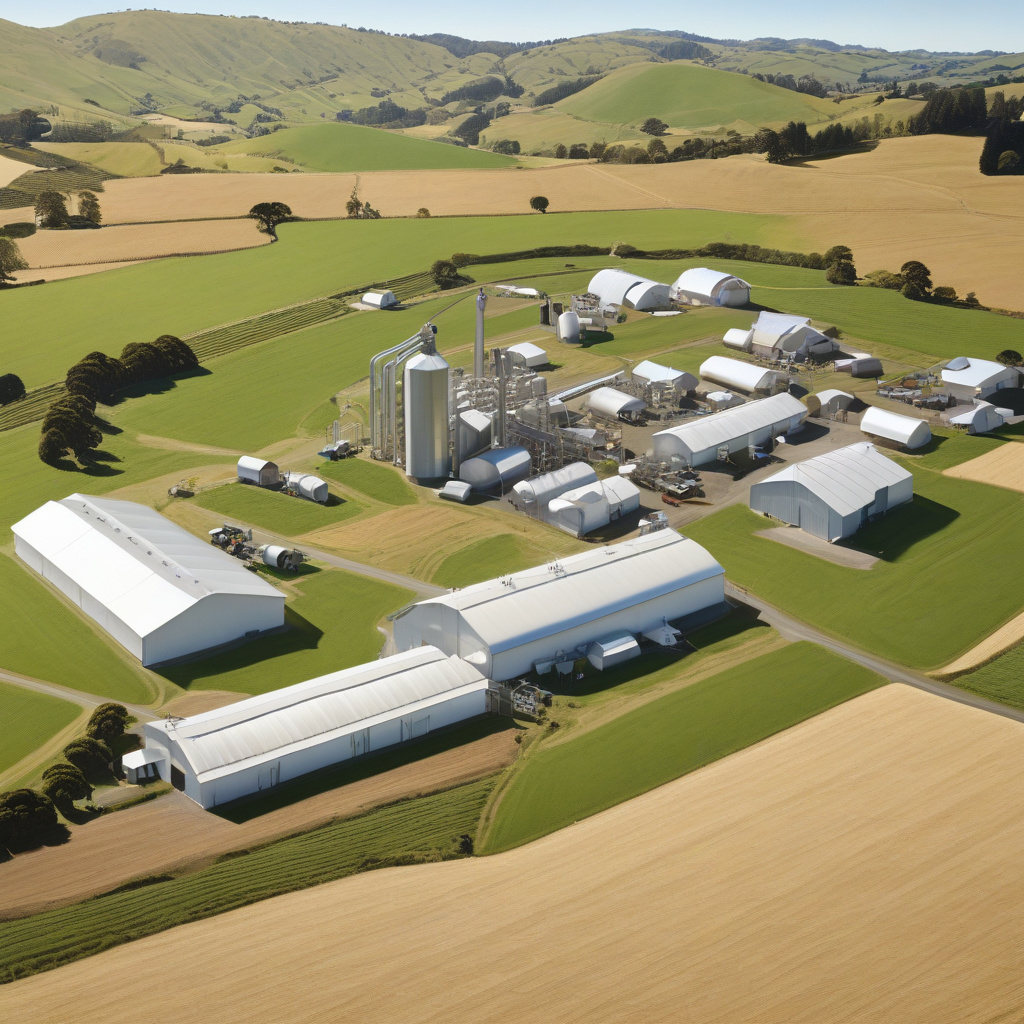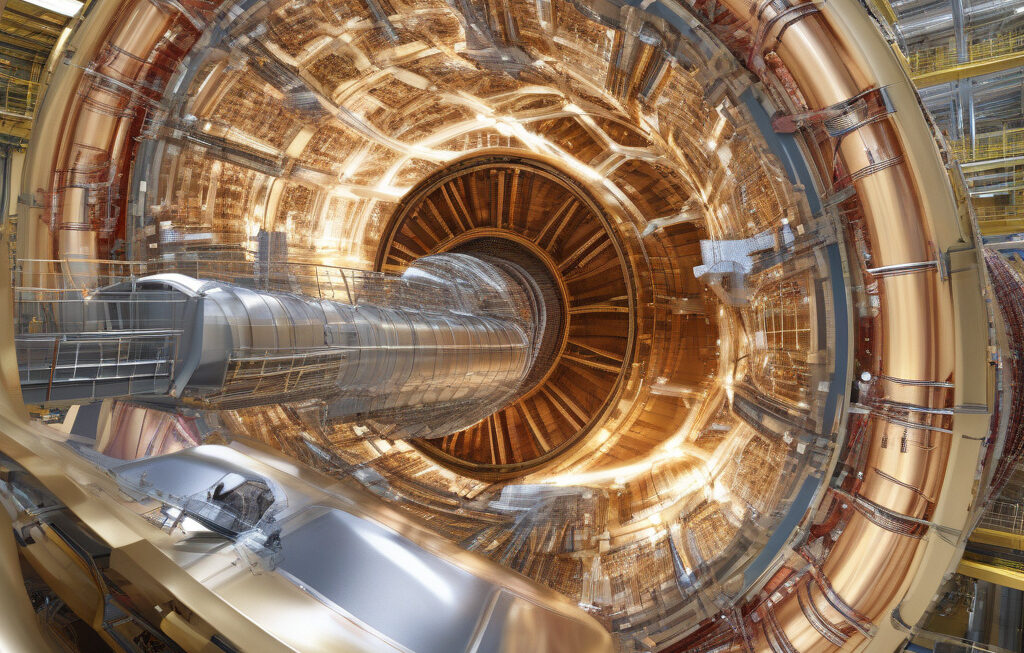Navigating the Future: The Evolution and Impact of Dairy Farming in New Zealand
New Zealand’s dairy farming industry has long been a cornerstone of the country’s economy, contributing significantly to its GDP and playing a vital role in global food production. However, as the world faces increasing environmental challenges and the call for sustainable practices grows louder, the dairy sector in New Zealand is undergoing a significant evolution.
One of the key driving forces behind this evolution is a shift towards more sustainable farming practices. Farmers are increasingly adopting methods that reduce their environmental impact, such as regenerative agriculture, which focuses on enhancing soil health, increasing biodiversity, and sequestering carbon. By implementing these practices, dairy farmers in New Zealand are not only reducing their carbon footprint but also improving the long-term resilience of their operations.
Technological advances are also playing a crucial role in shaping the future of dairy farming in New Zealand. From robotic milking systems and automated feeders to precision agriculture tools, technology is revolutionizing the way dairy farms are managed. These innovations not only increase efficiency and productivity but also enable farmers to make more informed decisions, leading to better resource management and overall sustainability.
Furthermore, the dairy industry in New Zealand is actively addressing the challenges posed by climate change. With the country committed to achieving net-zero emissions by 2050, dairy farmers are exploring various solutions to reduce their greenhouse gas emissions. This includes investing in methane-reducing technologies, improving herd management practices, and exploring alternative feed sources. By taking proactive steps to mitigate climate change, the dairy sector is not only future-proofing its operations but also contributing to global efforts to combat climate change.
The impact of these changes is already being felt across the industry. As consumers become more conscious of the environmental and ethical implications of their food choices, there is a growing demand for sustainably produced dairy products. This shift in consumer preferences is driving innovation within the sector, with dairy companies investing in sustainable practices and transparent supply chains to meet this demand.
In conclusion, the evolution of dairy farming in New Zealand is a testament to the industry’s commitment to sustainability and innovation. By embracing sustainable practices, leveraging technology, and addressing climate challenges, the dairy sector is not only navigating the challenges of the future but also setting a new standard for environmentally conscious agriculture.
The post “Navigating the future: The evolution and impact of dairy farming in New Zealand” originally appeared on Innovation News Network.
dairy farming, New Zealand, sustainable practices, technological advances, climate challenges












